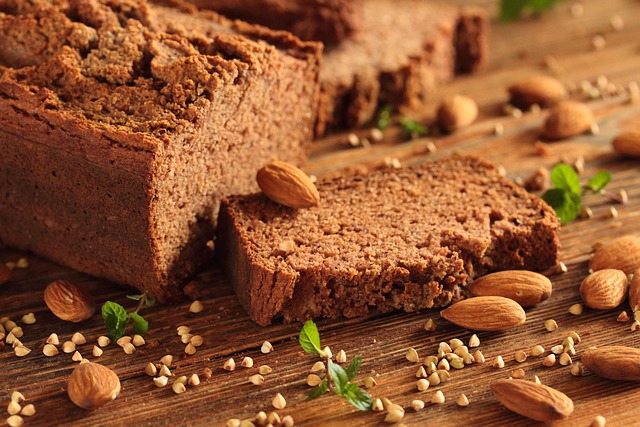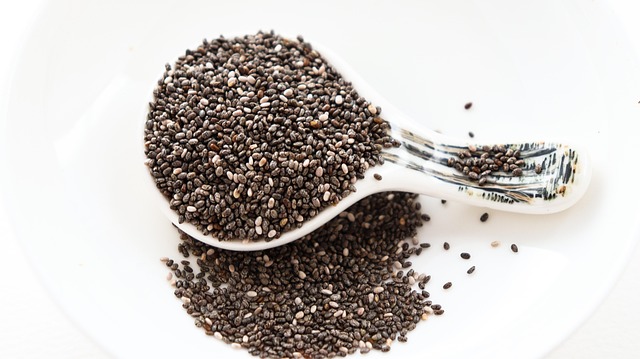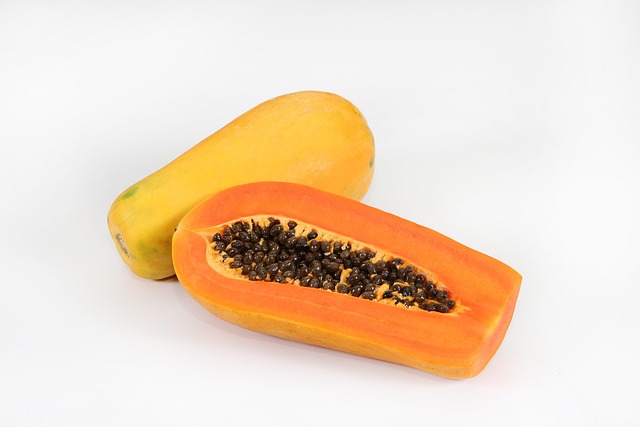Understanding the Link Between a Gluten-Free Diet and Vitamin Absorption
Embarking on a gluten-free diet is often driven by health concerns, personal choices, or managing specific conditions like celiac disease. Beyond just eliminating gluten, this dietary shift can have a profound impact on how your body absorbs and processes essential vitamins. For many, adopting a gluten-free lifestyle opens doors to enhanced nutrient intake and improved overall wellness.
Why Vitamins Matter in a Gluten-Free Lifestyle
Vitamins are the building blocks that keep your body functioning at its best. They support everything from energy production to immune health, skin vitality to cognitive functioning. However, when gluten-containing foods are removed from your plate, there’s a risk of missing out on fortified products that many rely on for key vitamins like B-complex vitamins, vitamin D, iron, and folate.
Embracing a gluten-free diet invites you to explore a variety of naturally nutrient-rich foods. Whole foods such as leafy greens, nuts, seeds, fruits, and gluten-free grains like quinoa and millet are excellent sources of these crucial vitamins and minerals. This diet encourages mindful eating, making you more aware of your body’s needs and how to meet them through diverse, wholesome options.
Challenges and Solutions for Maintaining Vitamin Intake
One challenge of a gluten-free diet is ensuring adequate vitamin intake, especially since some gluten-free processed foods are not fortified the way their gluten-containing counterparts are. This discrepancy means that the risk of vitamin deficiencies can increase without careful meal planning.
To counter this, consider:
- Incorporating fortified gluten-free products: Many brands offer gluten-free breads and cereals enriched with essential vitamins.
- Prioritizing natural sources: Foods like spinach, chickpeas, and fish provide a wealth of nutrients without gluten.
- Consulting healthcare professionals: Regular check-ups and blood tests can identify any vitamin gaps, allowing you to supplement appropriately.
Benefits Beyond Nutritional Balance
Adopting a gluten-free diet can sometimes feel restrictive, yet the benefits often surpass expectations. Improved digestion, reduced inflammation, and increased energy levels often accompany better nutrient absorption, creating a positive feedback loop that promotes overall vitality.
Moreover, focusing on vitamin-rich, gluten-free foods can enhance mindfulness around food choices, fostering a deeper connection with what you eat and how it fuels your body. For many, this path leads to a rejuvenated sense of health and well-being.
Your Journey to Vitality
Choosing a gluten-free diet is not just about eliminating gluten—it’s about nourishing your body in a way that supports optimal vitamin intake and absorption. By prioritizing whole, vitamin-packed foods and staying informed about your nutritional needs, you transform this dietary shift into a holistic journey toward vibrant health.




